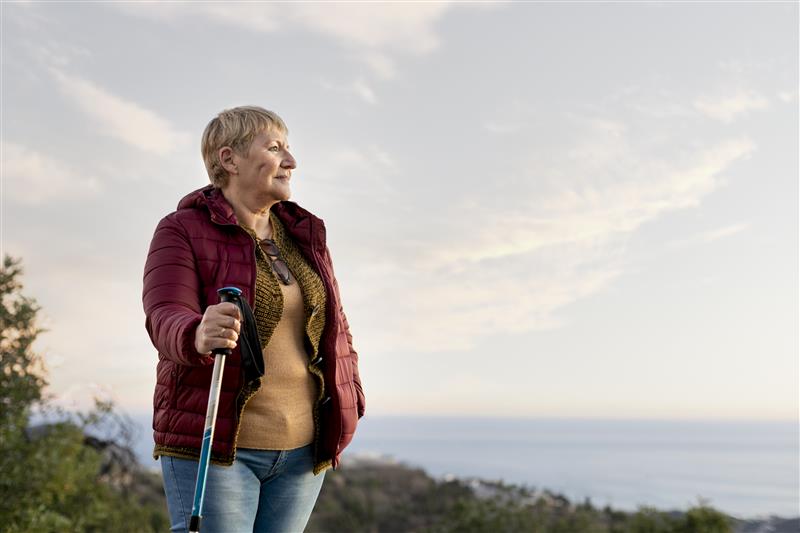This month, the Nordic Rare Disease summit will gather experts and advocates to explore solutions and advance the Roadmap for Rare Diseases – a strategy focused on early diagnosis and patient empowerment to inform better policy and reduce the burden on patients and health systems.
A good place to start would be with rare kidney diseases (RKDs). With nearly 300 distinct RKDs the impact of these conditions on patients, caregivers, healthcare systems and society is significant.
Priorititizing Early Diagnosis
Most rare kidney diseases are genetic and begin in childhood, often progressing to kidney failure much earlier compared to diabetes- or cardiovascular-related kidney disease. This makes early detection, causative diagnosis and access to treatment especially critical.
Unfortunately, the diagnostic journey is often long and difficult due to limited testing options and unidentified causes. The consequences are serious: kidney failure can dramatically reduce life expectancy and rob individuals of productive years. However, recent advances in therapies for rare kidney diseases underscore the importance of causative screening and the development of integrated, personalized care pathways to improve outcomes.
Empowering Patients Improves Outcomes
Patients with rare kidney disease often juggle managing their condition and navigating a complex health system while still trying to maintain a sense of normalcy. The Nordic Roadmap stresses the importance of holistic empowerment through tools that promote health literacy, data access and shared decision-making. This can help patients feel more confident and in-control of their life.
From Roadmaps to Action
This Nordic model demonstrates the importance of collaboration, long-term vision and strategic investment in rare diseases. It offers a blueprint for what’s possible. Now, global health leaders must show similar ambition for rare kidney diseases by adopting policies that prioritize early detection, causative diagnosis, support patient empowerment and guarantee equitable access to high-quality care.
To learn more, read the Nordic Roadmap for Rare Diseases, check out GloPAKH’s resources on kidney health and stay tuned for more on rare kidney disease.

